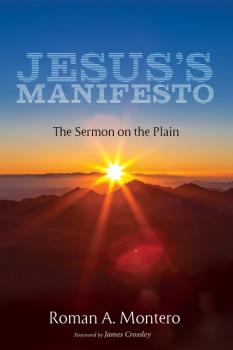ТОП просматриваемых книг сайта:
Roman A. Montero
Список книг автора Roman A. MonteroАннотация
All Things in Common gets behind the «communism of the apostles» passages in Acts 2:42-47 and 4:32-37, using the anthropological categories of «social relationship» espoused by David Graeber and other anthropologists. Looking at sources ranging from the Qumran scrolls to the North African apologist Tertullian to the Roman satirist Lucian, All Things in Common reconstructs the economic practices of the early Christians and argues that what is described in Acts 2:42-47 and 4:32-37 is a long-term, widespread set of practices that were taken seriously by the early Christians, and that differentiated them significantly from the wider world. This book takes into account Judean and Hellenistic parallels to the early Christian community of goods, as well as the socioeconomic context from which it came, and traces its origins back to the very teachings of Jesus. This book will be of interest to anyone interested in Christian history, and especially the socioeconomic aspects of early Christianity, as well as anyone interested in Christian ethics and New Testament studies. It would also be of interest to anyone interested in possible alternatives to the ideology of capitalism.
Аннотация
Jesus's Manifesto: The Sermon on the Plain is a historical analysis and exegesis of the Sermon on the Plain found in Luke 6:20-49. Going into the historical and literary context of the Sermon on the Plain, it examines how the message fits into the world of Jesus and his audience. Jesus's Manifesto demonstrates how the Sermon's ethical injunctions and eschatological message interacted with contemporary ideologies, and how these injunctions were meant to be taken as normative commandments by Jesus in light of his eschatological message. Many have attempted to dampen the ethical teachings of Jesus by trying to relativize them, or by trying to make them compatible with the wider culture and the dominant ideologies; however, when understood in its historical context, the Sermon's message was not only incompatible with the wider culture and the dominant ideologies, but it stood in opposition to them. Jesus's Manifesto provides the necessary historical and anthropological tools to fully appreciate the profound and seemingly radical message of the Sermon of the Plain.


